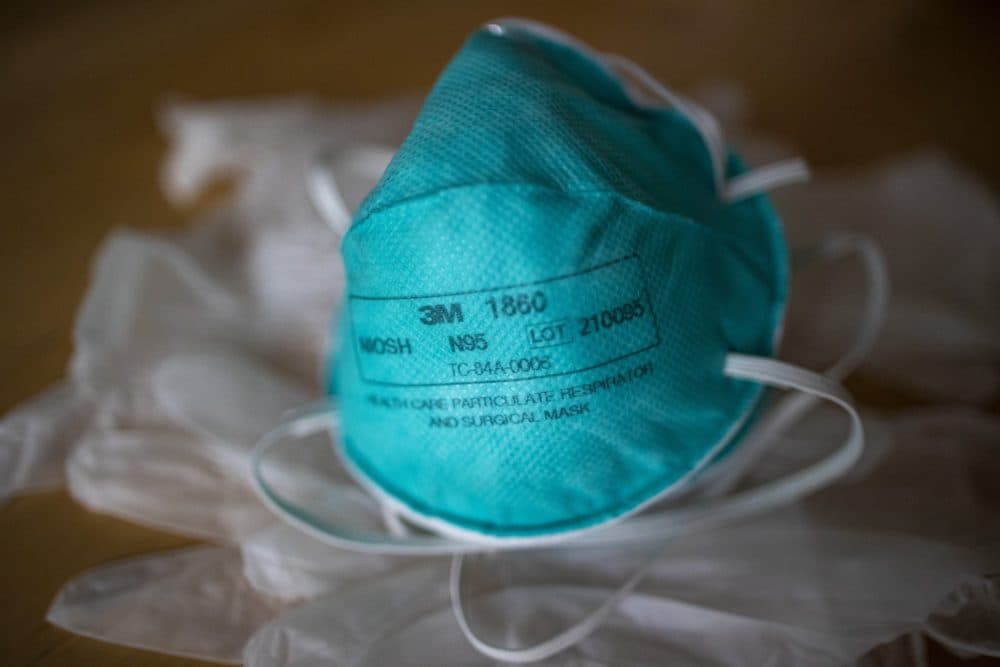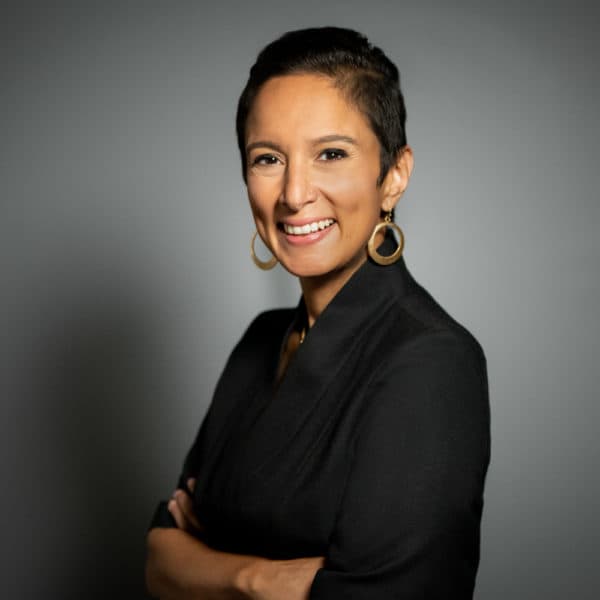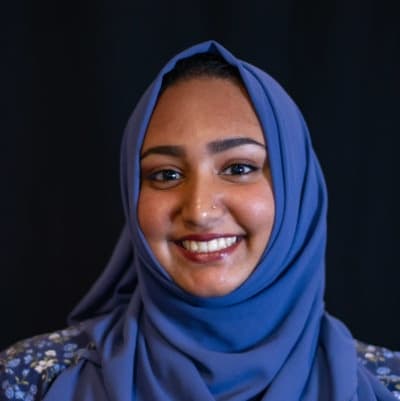Advertisement
Coronavirus Coverage
Checking in on the state of the pandemic, 2 years after Mass. emergency declaration

Thursday marks the two-year anniversary of when Gov. Charlie Baker declared Massachusetts under a state of emergency due to COVID-19.
At the time, there were 92 known or presumptive cases in the state. Baker eliminated non-essential travel by state workers, called for state employees to work remotely and urged private companies to do the same.
Now, two years later, communities across the state are loosening mask mandates, lifting capacity limits and easing restrictions.
WBUR's Morning Edition host Rupa Shenoy checked in on the state of the pandemic with infectious disease specialist Dr. David Hamer, professor of global health and medicine at Boston University.
Highlights from this interview have been lightly edited for clarity.
Interview Highlights
On the pandemic over the past few years
It's been a roller coaster ride. Back when Gov. Baker made the announcement two years ago, we knew so little about this virus and about how it was spread. And I think over time, we've learned a lot of lessons about what can be done safely using prevention measures.
If you look at the numbers ... the total number of new cases, hospitalizations — everything has been going down very quickly over the last month. I think there still is some transmission of SARS-CoV-2 in the community, but it's at much lower levels and the risk is gradually subsiding.
COVID-19 Resources
On the possibility of a case surge following loosening restrictions
I think that we're in a good place right now. There's a lot of both natural immunity from infection as well as vaccine-associated immunity. The only way we're going to have a really major increase in cases, I think, is if a new variant arises.
On keeping ourselves safe and healthy
I think it really is going to be a new world ... individuals really need to balance the risk based on [both] their personal risk and also what's going on in the community. And because all the community measures in Massachusetts look very good right now, I think that the risk is progressively subsiding.
I think we need to keep a careful eye on children. Certainly, if they have symptoms, they should be tested and isolated until their test result is back. Beyond that, if there's less virus overall being transmitted in the community, then the risk of children becoming infected and transmitting to other children or family members should be much lower.
"The only way we're going to have a really major increase in cases, I think, is if a new variant arises."
On what the COVID-19 pandemic might look like in a year
That's a tough question. The optimistic scenario is that we will not have any more waves and we'll just have periodic clusters, maybe because of transmission to groups that have not had the vaccine at all, or importation of the virus from outside of the country. That sort of transmission may become seasonal and so, we may be looking at late fall and winter, when we typically have influenza season and certain other respiratory viruses. I think we will be doing a lot more dual testing for influenza and SARS-CoV-2 at the same time until we have a better grasp of the epidemiology of the disease.
The worst case scenario is that we have another successor to omicron come along, and if it's different enough that there's not great protective immunity, which is essentially what happened with delta and omicron, then we could have another wave and we might have to restrict movements and bring back mask use in certain places and do enhanced testing and so forth. But I'm cautiously optimistic that's not going to happen.
This segment aired on March 10, 2022.

